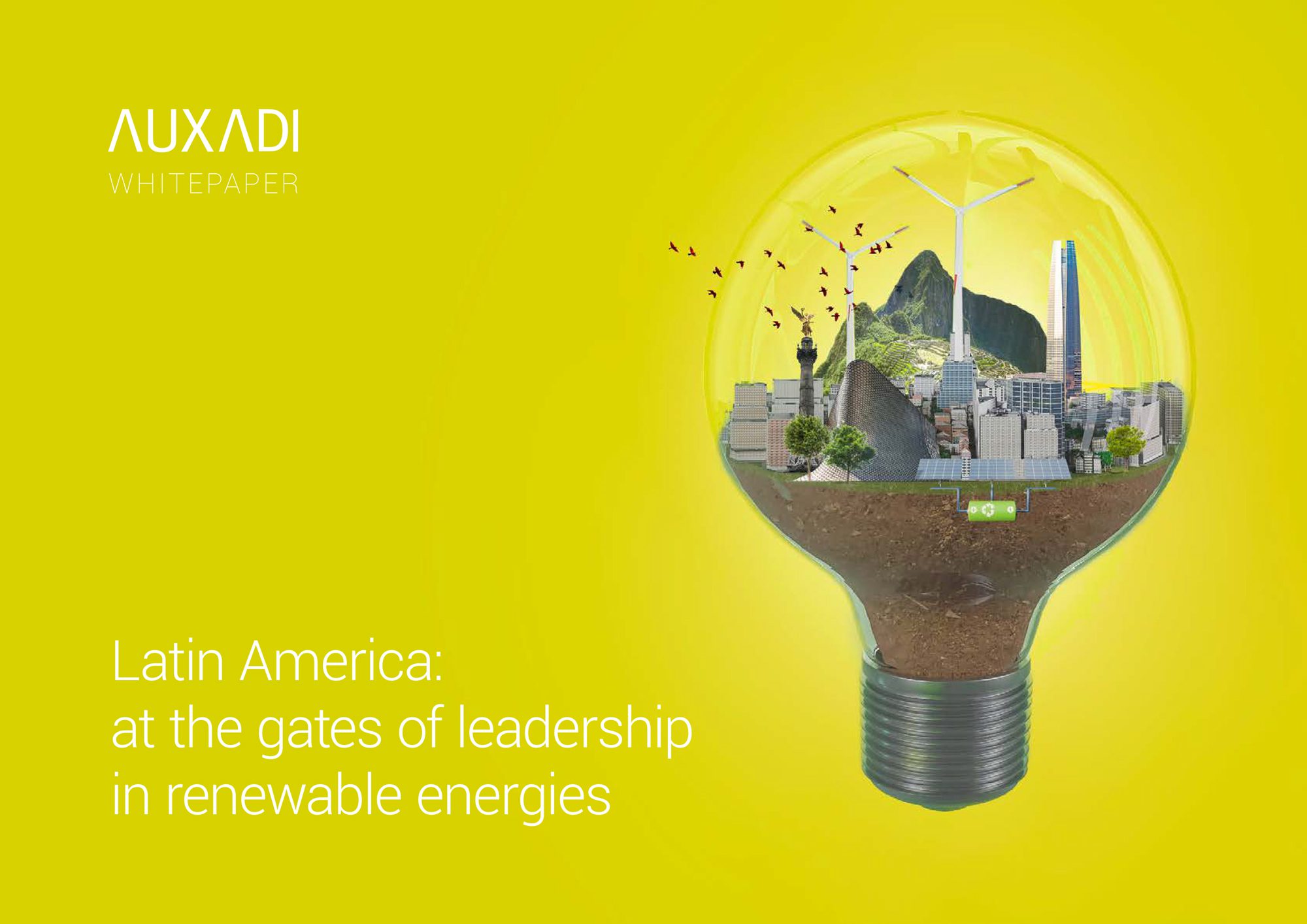Mexico is currently in a moment of transition in terms of renewable energies and future development. The country, which was once called the “champion of renewable energies”, is now betting more on other types of sources. This, however, does not prevent Mexico from having specific fiscal regulations.
LEGAL FRAMEWORK
Due to the importance of renewable energies and their development in the future, Mexico has a law for the use of renewable energies and financing of the energy transition. This law aims to regulate the use of renewable energy sources and clean technologies to generate electricity for purposes other than the provision of public electricity services, as well as to establish the national strategy and instruments for financing the energy transition.
TAX BENEFITS
A 100% tax deduction on the purchase of machinery and equipment used in the generation of renewable sources or efficient cogeneration of electricity.
Article 34 fraction XIII of the Income Tax Law (LISR) states that 100% may be deducted in the purchase of machinery and equipment used in the generation of renewable sources or efficient electricity cogeneration, provided that the equipment is in use or functioning for a minimum period of 5 years immediately following the fiscal year in which the deduction is made.
For the purposes of this article, SRPL establishes that renewable sources are those that, by their nature or through appropriate use, are considered inexhaustible, such as; solar energy in all its forms; wind energy; hydraulic energy, both kinetic and potential, of any natural or artificial body of water; ocean energy in its various forms; geothermal energy, and energy from biomass or waste. Likewise, generation is considered to be the successive conversion of energy from renewable sources into other forms of energy.
Article 77-A fraction XIII of the Income Tax Law (LISR) establishes that companies dedicated exclusively to the generation of energy from renewable sources or efficient electricity cogeneration systems, in the year in which they apply the deduction provided for in Article 34, fraction XIII of the LISR, which will be calculated under the same terms as the net tax profit account provided for in Article 77 of said Law.
For purposes of calculating the profit account for investment in renewable energies, instead of the net tax profit for the year referred to in Article 77, the profit for investment in renewable energies for the year should be added. The distribution of dividends will be applied during the useful life of the asset and until the fiscal year in which the tax profit is determined. In addition, an accumulated record of dividends is kept and will be deducted from the UFIN balance until it is over.
The Tax Code of Mexico City establishes that companies that prove they have started operations in high technology sectors will be entitled to a reduction equivalent to 55% of the Payroll Tax, 30% of the Property Tax and 80% of the Tax on the Acquisition of Real Estate.
In order to obtain the reduction, companies must present a certificate from the Ministry of Economic Development, stating that the company has the innovation and development of high technology goods and services in areas such as new energy technologies and renewable energies as its corporate purpose.
In Auxadi we are experts in providing value added services in accounting, finance, tax compliance, payroll management and technology, being a strategic partner of your business. If you need to expand on what we have stated here, please do not hesitate to contact us.
All information contained in this publication is up to date on 2021. This content has been prepared for general guidance on matters of interest only, and does not constitute professional advice. You should not act upon the information contained in this chart without obtaining specific professional advice. No representation or warranty (express or implied) is given as to the accuracy or completeness of the information contained in this content, and, to the extent permitted by law, AUXADI does not accept or assume any liability, responsibility or duty of care for any consequences of you or anyone else acting, or refraining to act, in reliance on the information contained in this chart or for any decision based on it.





